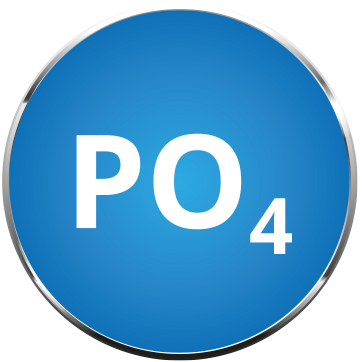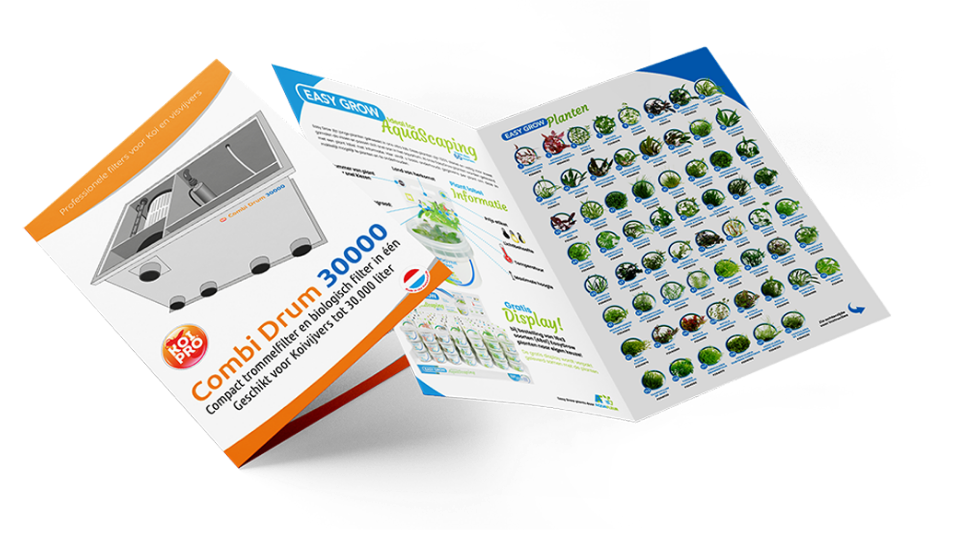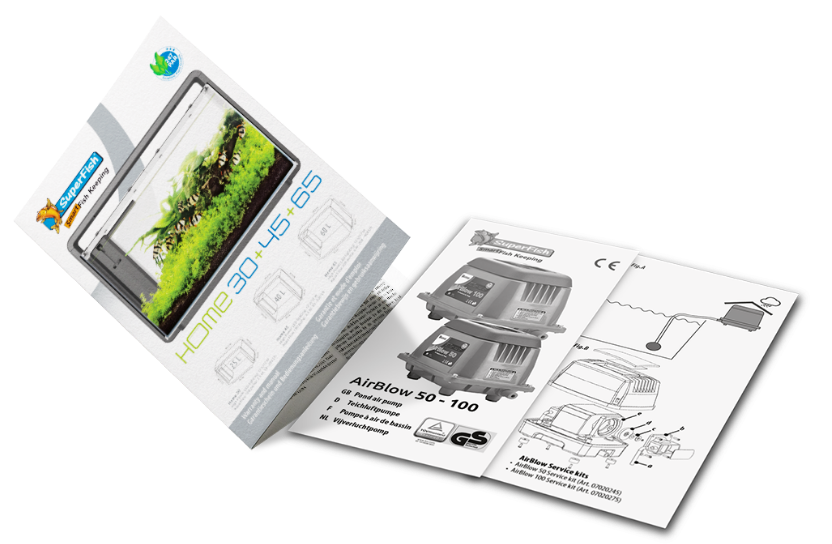Aquatest Testlab Professional.
With the Colombo Aquatest Testlab Professional you have al important tests in 1 case.
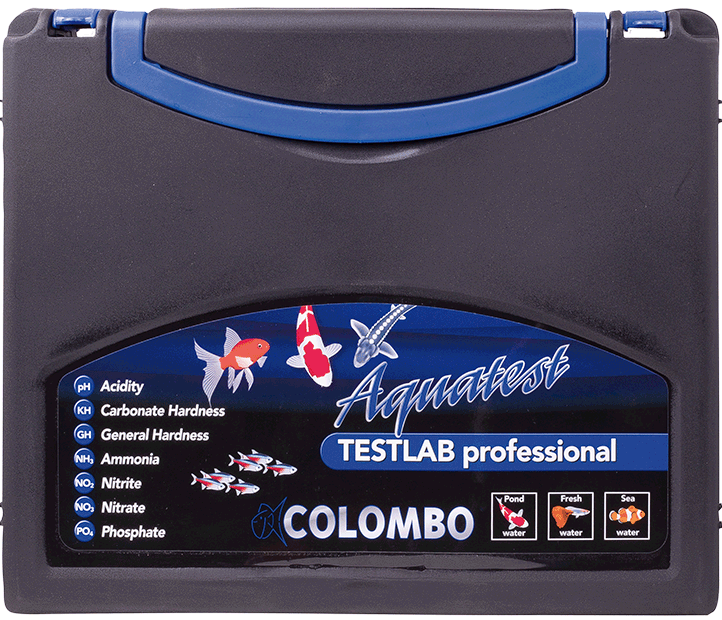
Aquatest Testlab Professional
Complete test case with professional drip tests for testing the water in ponds. Test tubes, colour charts, dosage syringe and instructions for use are included in the case. The contents of the individual Colombo aqua-tests can be used to replace tests that have been used up.
Tests included:
- pH
- GH
- KH
- NO2
- NO3
- NH3
- PO4
With the Colombo Aqua testlab, you can test the 7 important water values 40 times, a total of 280 water tests! All supplies are in a handy plastic case.
Values.
Acidity
The pH is a mathematical reference for the amount of acids dissolved in pond water. The pH can have a value between 0 and 14. A low pH means the water is acid; high pH means the water is alkaline. Large fluctuations in the pH are harmful for fish. This can have a very negative effect, especially when a filter is started.
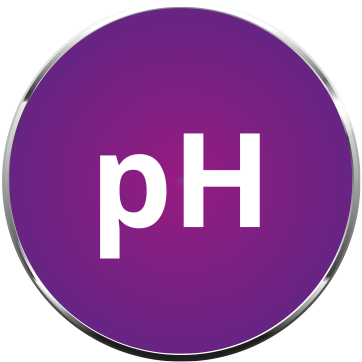
Carbonate Hardness
The correct Carbonate Hardness (KH) is mandatory for clear pond water and healthy fish and plants as well as a stable pH. KH is a measurement for the total amount of dissolved carbonates in the pond water. When the KH is too low the pH can fluctuate which is very harmful for the aquatic life.

General Hardness
A correct General Hardness (GH) is essential for clear water. GH is a measurement for the total amount of dissolved minerals in the pond water, which mainly consist of Calcium. These minerals are essential for the well being of your fish and plants.

Ammonia
Ammonia (NH3) is a waste product of fish, which they excrete through their gills and their urine. Ammonia is very poisonous for all water life and thus it is very important to keep the ammonia level zero. Fortunately bacteria in the water break down ammonia into nitrite and subsequently the non-toxic nitrate.
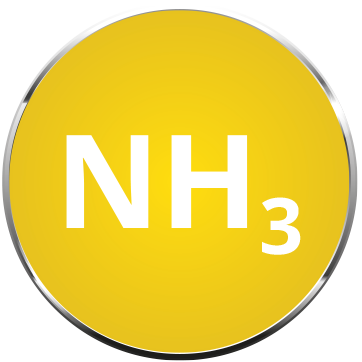
Nitrite
Nitrite (NO2) is produced out of ammonia by the nitrifying bacteria in your aquarium or pond. As nitrite is highly toxic to all water life, it is vital that the nitrite level in the water is zero. The best way to harbor these bacteria is in a biological filter. A new ‘clean’ filter needs time to have a sufficient number of bacteria to grow inside it. You can give this a boost by adding the right type of bacteria from the start.
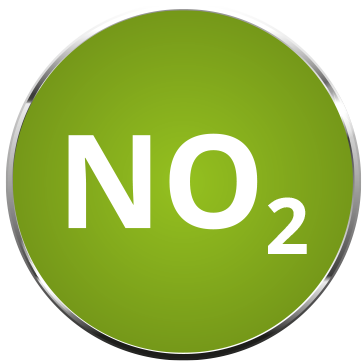
Nitrate
Nitrate (NO3) is the end product of the degradation of ammonia by nitrifying bacteria in your pond. Nitrate is not toxic for fish and thus is no direct problem for the health of your fish like ammonia or nitrite are; high concentrations however can on the long run lead to algae problems. We therefore advise to keep nitrate levels under 50 mg/l.
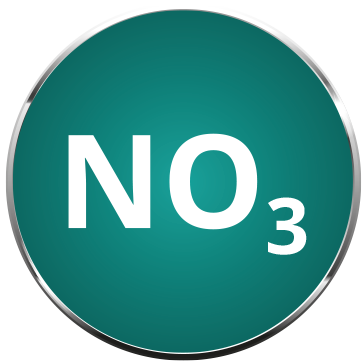
Phosphate
Phosphate (chemically abbreviated as PO4) is one of the waste products produced by fish. Phosphate is not toxic for fishand thus is no direct problem for the health of fish like ammonia or nitrite are. Indirectly, phosphate can lead to algae problems. We therefore advise to keep Phosphate levels under 1 mg/l.
